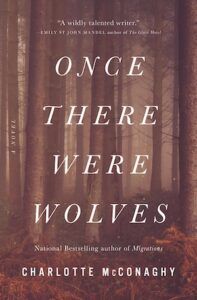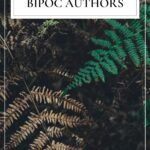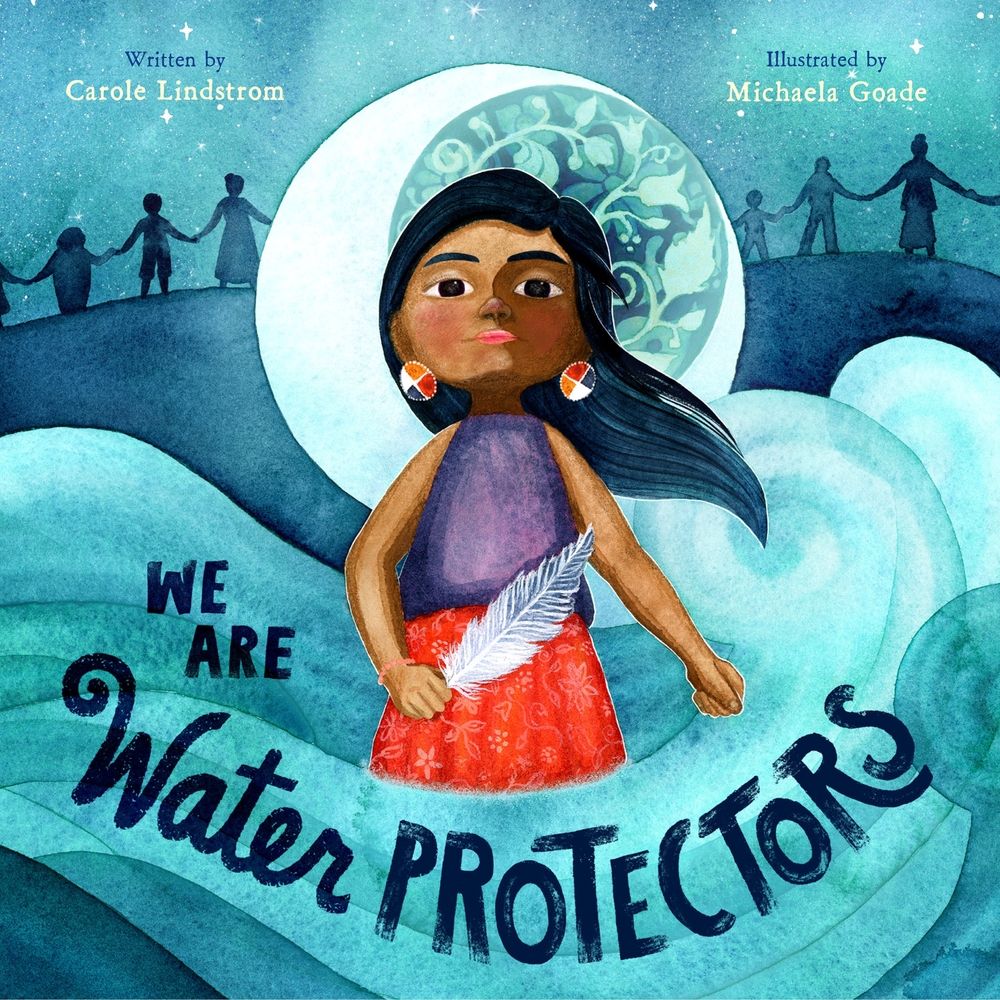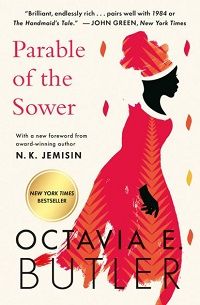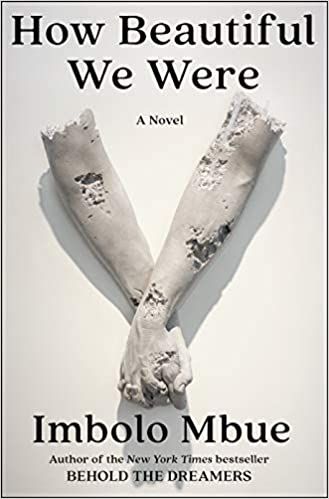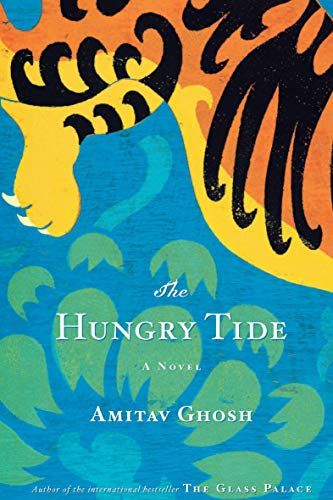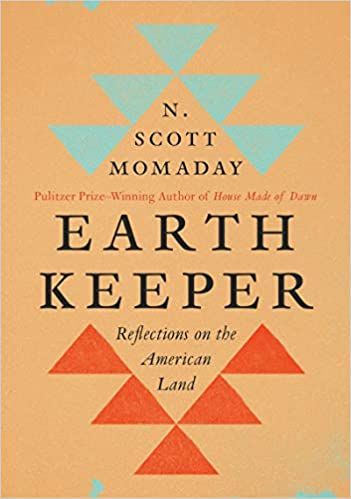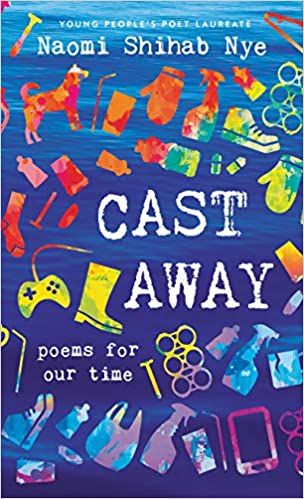From the author of the beloved national bestseller Migrations, a pulse-pounding new novel set in the wild Scottish Highlands. “So damn good. A page-turner that makes you think and has a huge emotional impact.” -Jeff VanderMeer, New York Times bestselling author of Annihilation (via Twitter) More specifically, this sub-genre includes works of fiction that generally address the following:• Human impacts on the environment• Human responsibility to the environment• Human interests playing second fiddle to environmental interests The stories themselves are set in fictional landscapes that mimic the real world. It’s not uncommon for ecofiction to include fabulism, magical realism, fantasy, science fiction, and even horror. The fictional element allows writers to prioritize the environment as opposed to humans. For me personally, I want the human element, which is why some of the books in this list encompass various genres and have strong characters who interact with the environment.
Ecofiction by BIPOC Authors
This list specifically highlights various works of ecofiction by BIPOC authors. To be fair, most of these books aren’t marketed as ecofiction. However, they all place environmental interests as central themes, hence their place on this list. Black writers have rich and alarming stories about how their communities are devastated by the environment. It’s no secret now that Black communities and communities in the Global South are unevenly impacted by global warming. Their stories relay how an imbalance between humans and nature can bring nothing but destruction and pain. Writers from other communities of color are represented here as well, and their stories also explore how we need to rethink our relationship with the land.
Bonus Picks: Essays and Poetry
We hope you’ve enjoyed this list of ecofiction by BIPOC authors. Find even more ecofiction from around the world here. The message of the book is to be protectors when “a black snake threatens to destroy the Earth.” Although the story prioritizes the human experience, it still highlights the delicate balance between people and nature. The book is an ode to the earth and a nod to the Native American oral tradition. In Earth Keeper, Momaday reflects on the ancestral land he loves and how its inhabitants belong to it rather than the other way around.
